5. Tom At The Farm (2013)
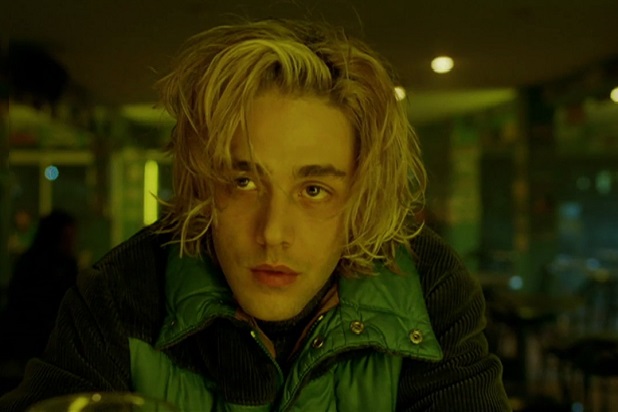
Known as the ‘enfant terrible’ of French cinema, Xavier Dolan has made an unforgettable impact on world cinema since he released his first feature film at the age of 20. Following the debut of I Killed My Mother, Dolan has divided critics and audiences alike, creating stylised works of art that wear their hearts on their sleeve, using contemporary music and bold visuals to wring every last drop of emotion from each scene.
Dolan’s latest film Mommy has been his most successful yet, convincing many detractors that there’s more substance to his work than previously thought, but anyone who still held these doubts should have looked first to the film that preceded Mommy, titled Tom At The Farm.
The story follows a young advertising copywriter named Tom who travels to the rural home of his recently deceased boyfriend for the funeral. Upon discovering that his partner kept their relationship a secret, Tom is forced to play along in a game of lies initiated by his partner’s aggressive brother who seems to have an alarming fixation on Tom…
Those expecting a typical Dolan movie may have been disappointed by Tom At The Farm. Despite it starring Xavier in the titular role, the film is an adaptation of a stage play, marking it as the only Dolan script based on pre-existing material.
Both aesthetically and thematically, Dolan’s fourth feature initially seems to be a world away from the rest of his work, marking it as a black sheep among its contemporaries. However, Dolan’s direction frequently breaks away from the psycho-thriller mould to create a truly original interpretation of the play,
Drawing suspense from the uneasy interactions between Tom and his partners family, each relationship becomes progressively darker as different characters motivations are brought to the fore in increasingly devastating ways that build to an explosive finale.
4. The Painting (2011)
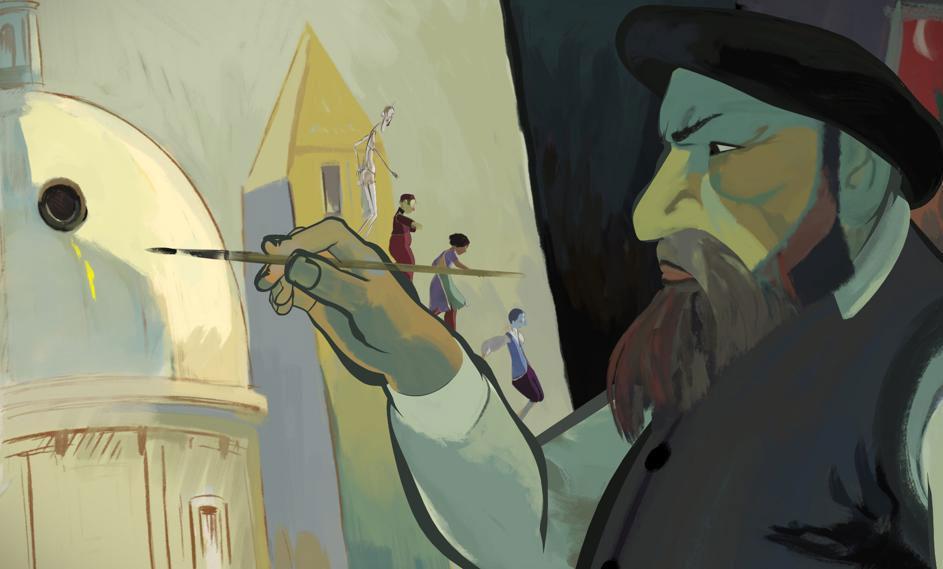
The Painting is a rare beast indeed; An animated movie that conveys a universal message perfectly pitched at both adults and children, presented through gorgeous visuals that will delight younger audiences with their odd charm and older viewers for their artistic allusions.
The painting in question is inhabited by three different races who are each defined by their physical appearance; The Alldunns are colourful creations who live in the manor, the Halfies aren’t fully coloured in and so are forced to live in the garden, while the Sketchies are ostracised completely, hunted by the Allduns for their unnatural appearance.
The ultimate message of tolerance that The Painting shares is clear, and rightly so, as the film is aimed at children after all, but broader existentialist themes are also tackled here, largely in the films depiction of “The Painter”, a man who left his creation unfinished and seemingly abandoned the films characters, leaving them to fend for themselves.
As a member of each race bands together in search of their missing creator, the three friends encounter a range of worlds on their quest, each inspired by the work of different artists such as Chagall, Matisse and Picasso, whose creations are homaged beautifully through the lovingly detailed animation.
Even if judged purely on its visuals alone, The Painting is a must-see, so the fact that few people are aware of its existence outside of France is an absolute travesty.
3. Tomboy (2011)
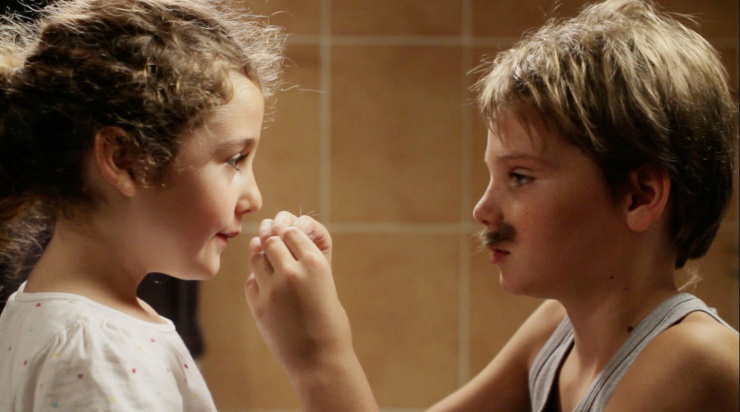
Recent portrayals of trans characters played by cisgender performers have caused outrage in the press, causing people to denounce films like The Danish Girl and The Dallas Buyers Club for discriminating against trans actors who could have brought genuine authenticity to these roles. Céline Sciamma’s often overlooked gem Tomboy circumvents this by exploring the first stages of gender confusion in early adolescence.
Laure has recently moved to a new area in Paris with her family and decides to reinvent herself as a boy called Mikäel, striking up a relationship with a local girl called Lisa. Her family play along at first, but problems arise when some of the local neighbourhood kids discover Laure’s secret.
Effective casting is essential for a film like this, so it’s fortunate that Sciamma found Zoé Héran, drawing out a truly unforgettable performance from her in the lead role. Not only is Héran perfect in terms of her androgynous appearance, but everything she does in front of the camera feels 100% authentic, imbuing Tomboy with a naturalism more commonly associated with documentary filmmaking.
Héran steals the show, but it would be remiss to overlook Sciamma’s direction. The warm summer haze of the films cinematography initially fits perfectly in line with the coming of age tropes often associated with films of this nature, but the gentle aesthetic later stands in stark contrast to the heart-wrenching moment when Laure is abused by those who force her to expose her genitalia.
While some have taken offence to Tomboy’s title, arguing that this label belittles the hardships of a young trans boy, the word choice actually seems quite deliberate, forcing audiences to re-evaluate their definitions of gender identity and the precise language they use. In reality, Tomboy sensitively handles trans issues better than almost any other film that comes to mind.
2. Tell No One (2006)
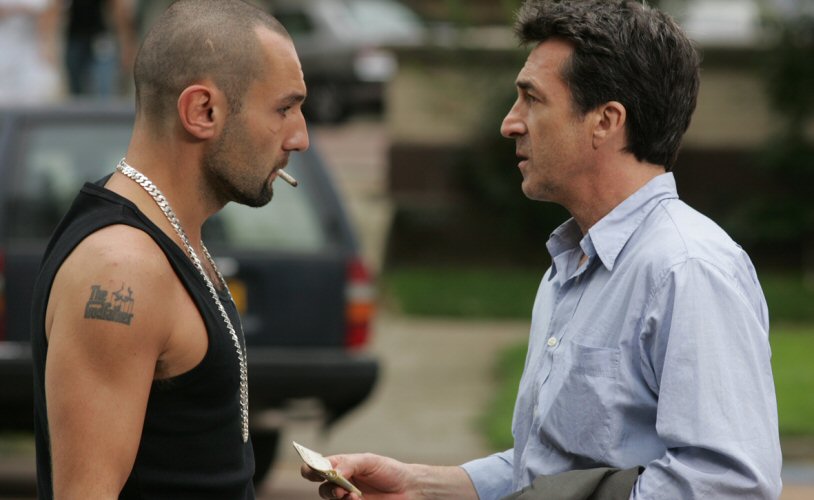
Whodunnit mysteries are a dime a dozen on TV these days, particularly in the wake of hit shows like Sherlock and True Detective, but few feature length films have captured the zeitgeist in quite the same way. Whether it’s because there’s more scope to develop mysteries over numerous episodes on TV or whether they simply struggle to compete with louder blockbuster movies in the cinema, murder mysteries rarely make an impact on the big screen.
Predating the current spike in interest of the genre on TV by a number of years, Guillaume Canet’s breakout hit Tell No One is one of those rare thrillers that excites and intrigues while also devastating audiences on an emotional level.
Based on the Harlan Coben novel of the same, Tell No One kicks off when a doctor receives an email from his dead wife, leading him to believe that she could still be alive. The subsequent chain of events builds a thrilling mystery that remains relentless in pace throughout its running time, hooking audiences with clues and red herrings that are interspersed with exhilarating chase sequences.
To reveal any more would do audiences a disservice; Tell No One really is one of those films that should be watched with as little information as possible. Just know that director Guillaume Canet is adept at handling the pace and that the original author has admitted that he himself prefers the cinematic ending over the one he originally wrote in the source material.
Tell No One was received well both critically and commercially, but in discussions of the best that French cinema has to offer, the film is rarely mentioned, perhaps due to the fact that it doesn’t fit the typical mould of romantic comedy or arthouse drama that the country’s output is often associated with.
1. In The House (2012)
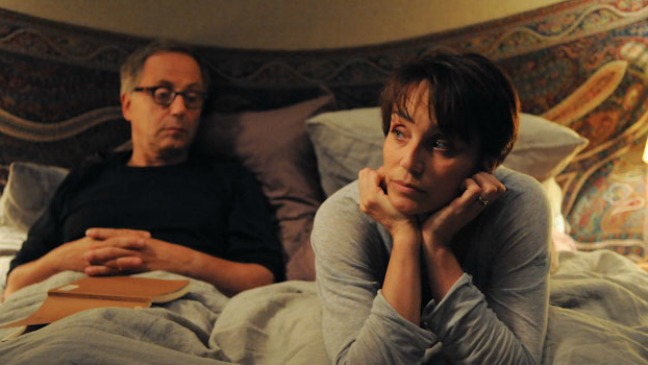
François Ozon is one of the leading lights in modern French cinema, enjoying crossover success with some of his biggest hits, but not all of Ozon’s films have received the attention they deserve. One of his more recent films, In The House, marks the acclaimed director’s second appearance on this list.
While Time To Leave was a melancholic exploration of grief and death, In The House is a fresh, unexpected take on the often cheesy “inspiring teacher” genre, subverting the dynamic between student and mentor in funny, yet often unsettling ways.
Germain is a bored, affluent teacher working in a secondary school somewhere in France. Tired of the mundanity of his life, Germain’s interest is sparked when a gifted student of his begins to write about the life of another pupil in obsessive detail and soon, both Germain and his wife become embroiled in this fascination, developing unhealthy relationships that lead the couple down a dangerous path.
In The House defies categorisation, flitting between comedy, drama and even psychological thriller at points, but Ozon never confuses the direction of the narrative, anchoring a phenomenal script with memorable performances from Fabrice Luchini, Kristin Scott Thomas and newcomer Ernst Umhauer as the precocious student.
8 Women, Swimming Pool, 5×2 and Potiche may be the most renowned Ozon films produced to date, but In The House is arguably his best.
Author Bio: David is a primary school teacher who tries his best to turn every math lesson into a discussion on the latest Pixar film. In his spare time, David writes freelance articles for a number of sites, covering everything from superheroes and zombies to Studio Ghibli and Xavier Dolan movies. To read more of his work, follow David here on Twitter.